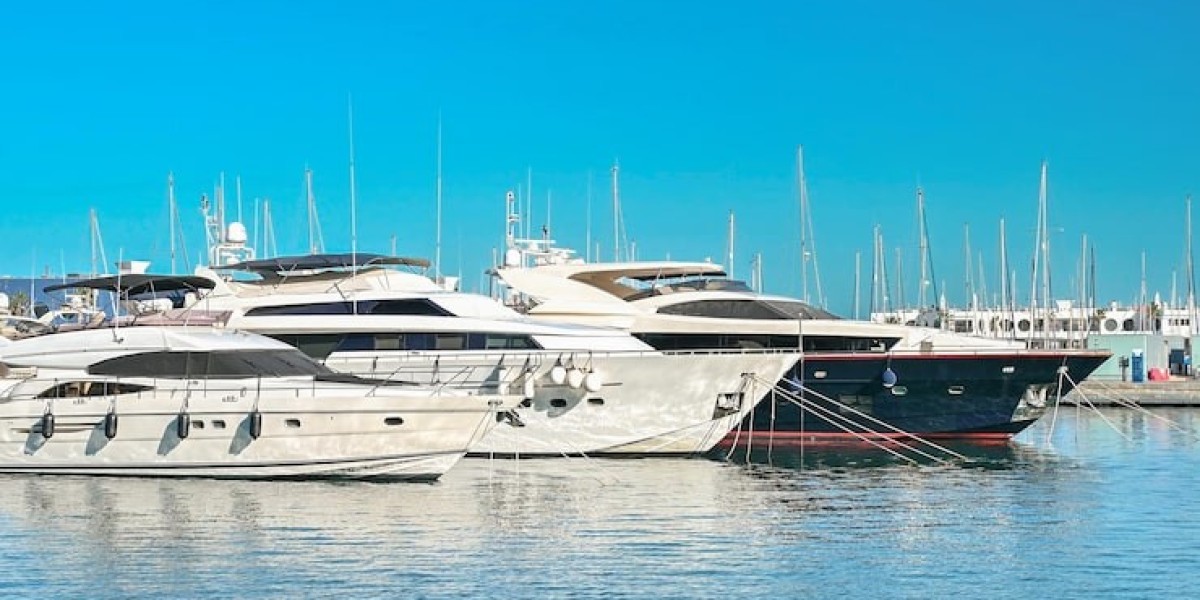When it comes to maritime operations, ensuring the utmost comfort for crew members and passengers is essential, especially on long voyages. Achieving this level of comfort requires more than just quality accommodations and amenities—it involves an intelligent approach to temperature control, noise reduction, and energy efficiency. This is where marine insulation plays a pivotal role. By leveraging state-of-the-art materials and techniques, marine services can now offer vessel owners a transformative way to enhance comfort on board while simultaneously improving fuel economy and operational efficiency.
In this article, we explore how marine insulation serves as a game changer in transforming comfort aboard vessels. From reducing noise and heat fluctuations to contributing to a more energy-efficient system, marine insulation is quickly becoming a critical component of modern maritime maintenance. Let’s dive into how this cutting-edge solution is reshaping the seafaring experience.
The Role of Marine Insulation in Onboard Comfort
Temperature Regulation: Maintaining an Ideal Climate
One of the most noticeable benefits of marine insulation is its ability to maintain a stable internal environment, regardless of the external conditions. Marine vessels are constantly exposed to fluctuating temperatures, whether it’s the intense heat of the tropics or the chilly breezes of the polar seas. Without proper insulation, controlling the internal climate on board would require excessive energy consumption, which leads to higher operational costs and an uncomfortable environment.
Marine insulation acts as a thermal barrier that prevents heat loss during colder climates and reduces heat entry during hotter conditions. This means that the vessel’s HVAC (heating, ventilation, and air conditioning) systems don’t have to work overtime to maintain a comfortable temperature, ensuring passengers and crew remain comfortable throughout the journey. Additionally, by maintaining stable internal temperatures, marine insulation can enhance the lifespan of equipment, such as sensitive electronics, by protecting them from extreme temperature changes.
Soundproofing for a Quieter Voyage
Noise can be one of the most disruptive factors on board a vessel, particularly when engines are running or when the ship encounters rough waters. The constant hum of the engine, vibrations from the hull, and external sounds from the water can create an unpleasant environment, affecting both the crew's work efficiency and the comfort of passengers.
One of the most valuable, yet often overlooked, benefits of marine insulation is its ability to significantly reduce noise and vibration. Specialized soundproofing materials in marine insulation absorb and dissipate noise, preventing it from traveling through the structure of the vessel. This creates a much quieter, more serene atmosphere inside the ship, which can drastically improve the onboard experience. Whether it's for luxury cruise liners or cargo ships, reducing noise is vital for ensuring that seafarers work in a conducive environment and passengers enjoy a peaceful journey.
Environmental and Economic Impact of Marine Insulation
Energy Efficiency and Fuel Savings
The efficiency of a vessel’s energy use is directly tied to the effectiveness of its marine insulation. As vessels operate in diverse environmental conditions, maintaining the right temperature and protecting critical systems from external elements is essential. Marine insulation reduces the need for continuous heating or cooling, thereby lowering overall energy consumption.
For vessels that rely on fossil fuels, energy savings directly translate into reduced fuel costs. By creating a more thermally efficient environment, marine insulation ensures that less energy is required to maintain comfort on board. This not only cuts down on fuel consumption but also reduces the overall carbon footprint of the vessel. For ship owners, this results in significant long-term savings, while also aligning with global environmental standards and sustainability efforts.
Enhancing System Longevity
By regulating temperature fluctuations, marine insulation helps preserve the integrity of both mechanical and electrical systems on board. Heat-sensitive components such as engines, piping systems, and control systems benefit from insulation, which shields them from excessive heat or cold. As a result, these systems experience less wear and tear, leading to fewer breakdowns and a longer service life.
Incorporating insulation into the vessel’s maintenance strategy reduces the frequency of repairs and replacements, contributing to lower operational and maintenance costs over the vessel’s lifetime. The reduced need for mechanical intervention not only saves money but also minimizes downtime, allowing vessels to remain in service for longer periods.
Advanced Marine Insulation Technologies for the Modern Vessel
Cutting-Edge Materials for Superior Performance
As the maritime industry evolves, so too does the technology behind marine insulation. Today, the materials used are more advanced and efficient than ever before. From aerogel-based insulations to fire-resistant fiberglass and flexible foam, these materials offer a combination of high thermal resistance, soundproofing qualities, and moisture protection—all in a lightweight, durable package.
Marine insulation manufacturers are continually researching and developing new materials that improve both the performance and sustainability of insulation systems. These innovations ensure that vessels benefit from superior heat retention, reduced noise, and increased overall comfort. Additionally, these materials are designed to withstand the harsh marine environment, providing long-lasting protection against saltwater, humidity, and high temperatures.
Seamless Installation and Maintenance
One of the major challenges when it comes to onboard comfort is the installation and maintenance of insulation systems. Thankfully, marine services now offer advanced installation techniques that ensure insulation is applied seamlessly, even to the most difficult-to-reach areas of a vessel. By using modern equipment and expert knowledge, these services ensure that the insulation is installed correctly, maximizing its effectiveness and longevity.
Routine inspections and maintenance of insulation systems are equally important. Over time, materials may degrade, or minor damage may occur, reducing the system’s effectiveness. Professional marine services conduct regular inspections to ensure that the insulation remains in optimal condition. Whether it’s repairing small sections of damaged insulation or replacing outdated materials, these services ensure that the insulation continues to deliver the expected benefits for the vessel’s lifetime.
The Future of Marine Insulation in Maritime Comfort
Embracing Sustainability and Eco-Friendly Solutions
As the push for sustainability in the maritime industry grows stronger, marine insulation is evolving to meet these new demands. Manufacturers are now focusing on eco-friendly insulation materials that are not only more efficient but also recyclable and non-toxic. These materials contribute to reducing the overall environmental impact of ships and vessels, aligning with global efforts to reduce carbon emissions and waste.
Integrating Smart Technologies
The future of marine insulation may involve the integration of smart technologies that allow real-time monitoring of temperature, humidity, and energy usage. By incorporating sensors and automated systems into the insulation, shipowners can gain valuable insights into the vessel's operational efficiency, allowing for more precise adjustments and further reducing energy consumption.
Conclusion: Transforming Onboard Comfort with Marine Insulation
In conclusion, marine insulation offers a revolutionary way to enhance comfort on board vessels, improve energy efficiency, and extend the lifespan of critical systems. With advancements in insulation materials and installation techniques, shipowners and seafarers now have access to cutting-edge solutions that not only increase comfort but also lead to significant economic and environmental benefits. By leveraging expert marine services to integrate and maintain these systems, vessels can operate more efficiently, reduce fuel consumption, and create a more enjoyable environment for everyone on board. As the maritime industry continues to focus on sustainability and performance, marine insulation is set to remain a vital component in transforming the onboard experience.







